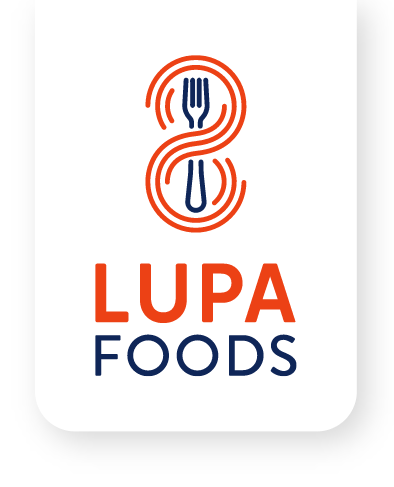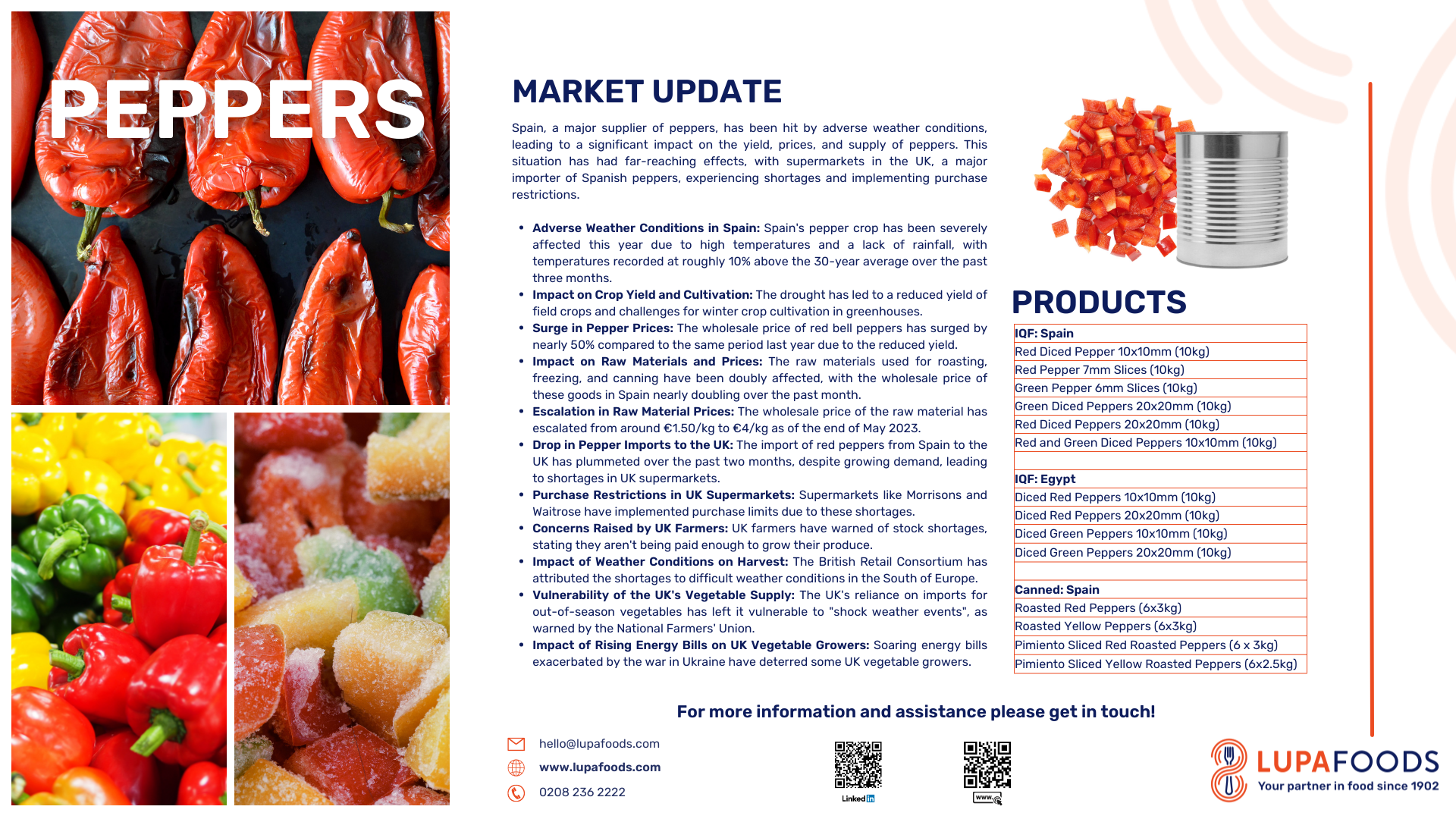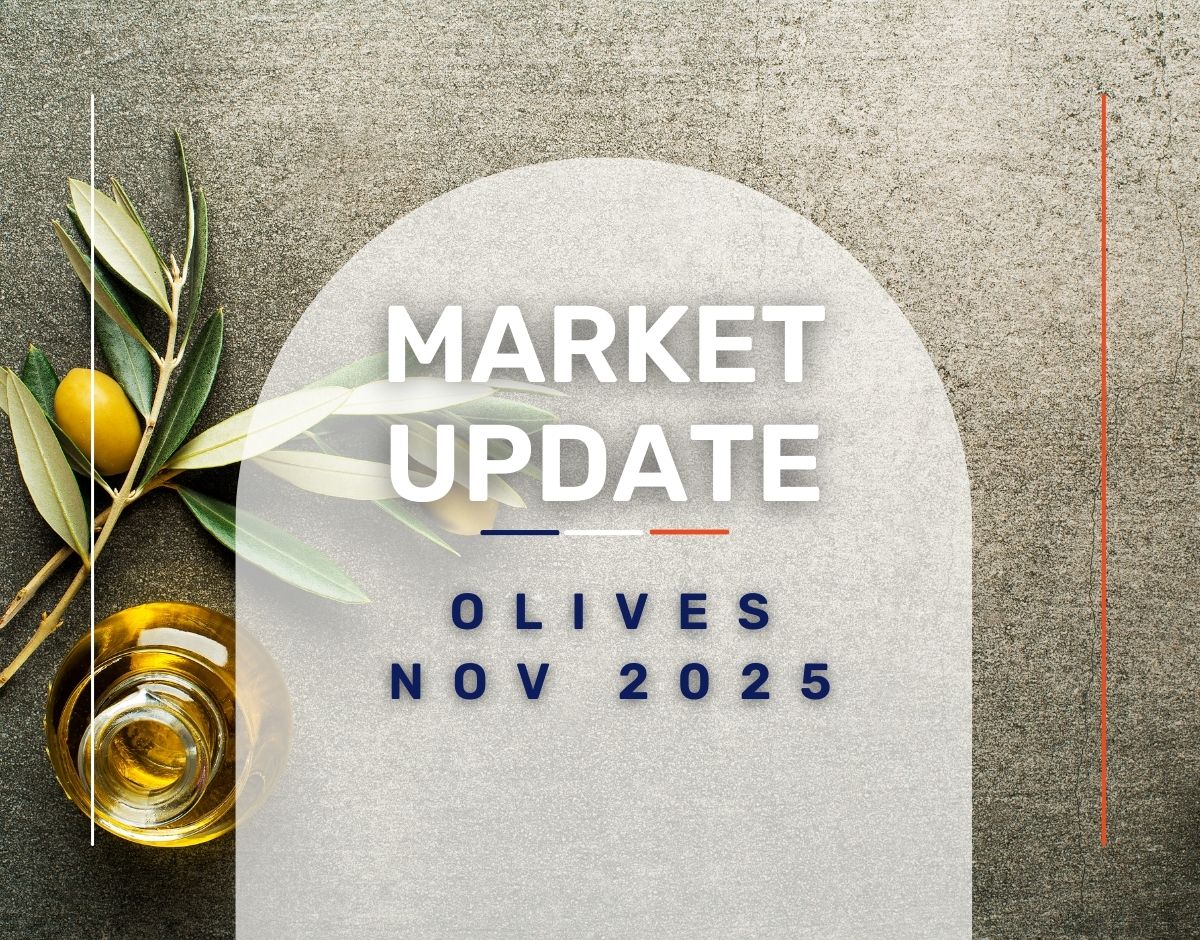In the interconnected world of global food supply chains, a ripple in one part of the world can create waves in another. The latest example of this is the crisis unfolding in the pepper market. Spain, a significant supplier of peppers to the world, has been grappling with a series of weather-related challenges that have had far-reaching impacts.
Spain’s Weather Woes
Over the past three months, Spain has been experiencing temperatures that are roughly 10% above the 30-year average. This surge in temperatures, coupled with a lack of rainfall, has led to a severe drought. The result? A significant reduction in the yield of field crops, including peppers. The drought has also posed a significant challenge for the cultivation of winter crops in greenhouses, further exacerbating the situation.
The Domino Effect on Prices and Supply
The reduced yield has had a significant impact on the market dynamics of peppers. Compared to the same period last year, the wholesale price of red bell peppers has surged by nearly 50%. This price increase has not only affected the fresh market, which utilizes around 70% of the crop, but also the raw materials used for roasting, freezing, and canning. Over the past month, the wholesale price of these goods in Spain has nearly doubled.
The UK: A Case Study in Ripple Effects
The effects of Spain’s pepper crisis have been felt keenly in the UK, a major importer of Spanish peppers. Over the past two months, despite growing demand, the import of red peppers from Spain to the UK has plummeted. This has led to shortages in UK supermarkets, prompting some, like Morrisons and Waitrose, to implement purchase restrictions.
The Farmer’s Plight
Amidst these challenges, UK farmers have been voicing their concerns. They have been warning of stock shortages for the last few months, stating that they aren’t being paid enough to grow their produce. Andrew Opie, director of food and sustainability at the British Retail Consortium, explained that difficult weather conditions in the South of Europe disrupted harvest for some fruit and vegetables, including peppers.
Looking Ahead: The Need for a Resilient Food System
As we navigate these challenges, it’s clear that we need a more resilient and sustainable food system. The UK’s reliance on imports for out-of-season vegetables has left it vulnerable to “shock weather events”. Soaring energy bills exacerbated by the war in Ukraine have also deterred some UK vegetable growers.
As we look to the future, these challenges underscore the need for a more resilient and sustainable food system. It’s time to rethink our food supply chains and work towards more sustainable solutions. The pepper crisis serves as a stark reminder of the interconnectedness of our world and the need for global cooperation in ensuring food security.
For more information and assistance please get in touch!





